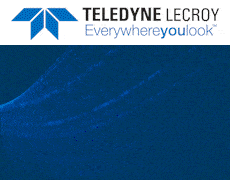Recap of 51st IT Press Tour in Berlin, Germany
With 6 companies: Croit, CunoFS, Insurgo, Simplyblock, Tuxera and Yuzuy
By Philippe Nicolas | August 2, 2023 at 2:01 pmThis article was written by Philippe Nicolas, organizer of the event.
The 51st edition of The IT Press Tour happened recently in Berlin, Germany and it was an opportunity to meet European companies, some really young and new, and other established for a few years and visible on the market. During this edition dedicated to cloud, IT infrastructure, data management and storage, there was Croit, CunoFS, Insurgo, Simplyblock, Tuxera and Yuzuy.
Croit
Founded in 2017, the company identified a real need around Ceph both in terms of deployment, monitoring and support. Recognized for its strong expertise in open source with a significant Ceph experience, Croit, with 23 employees today, is present in 10 countries over 5 continents.
In addition to Ceph, Croit added more recently DAOS, the large scale storage project initiated by Intel, as the team realized the lack of expertise or just knowledge in this field.
Both open source products, Ceph and DAOS, can deliver real good storage services and performance levels if configurations are optimized and well mastered. The opposite is true as well as being a real lego, they can also become a nightmare.
For enterprises and large corporations with the desire to build hyperscaler like storage environments, Ceph and for high-demanding oriented ones with DAOS, seem to be good choices. And this is a real opportunity as we saw some other companies building and offering services on top of these, especially Ceph, DAOS being a real differentiator in favor of Croit.
The firm received 2 awards recently, one from Deloitte and the second one about innovation from the Top100 organization in Germany.
Croit selected a few key vendors to partner with like Intel of course about DAOS but also 2CRSi, Supermicro, Seagate, Western Digital or Fujitsu. The pricing model is based on the number of nodes in the configuration and their respective size.
CunoFS
S3 addresses a scalability challenge and by design durability with advanced data protection mechanisms. S3 was and is an answer to limited unstructured scalable NAS in the past. It was solved by recent developments by a few vendors demonstrating that limitations were not only coming from access protocols such NFS or SMB. With the availability of NVMe, NVMe-oF, persistent memory and special ideas about architectures, these limits are pushed to the horizon. But in the meantime, S3 was released in 2006 by AWS, plenty of companies jumped into on-premises or public S3 services and many applications need a file interface. We know several answers like gateways or other approaches like Arcitecta, CTera, Hammerspace, Panzura, Nasuni, Spectra Logic, Tiger Technology or XenData to name a few that solve this aspect. And we met PetaGene, a UK software company dedicated to lifesciences, who develops CunoFS, a universal file to S3 data service.
This service is radically different from ones listed above as it is a client software layer that gives to users a local file system experience. This software piece, that could be perceived as intrusive, must be installed on every system that requires access to S3 controlled content. There is no network file system involved here such as NFS or SMB that often introduces some latencies. CunoFS is fully POSIX compliant and avoids all inter-node communication, consensus or synchronization.
The team has produced some interesting benchmarks results to illustrate throughput advantages against EFS, FSx or other solutions. Playing in the life sciences space, PetaGene positions this product as a universal layer that can be used in various industries for distinct use cases. Again applications have the feeling to operate on local data and we can even imagine that such instances can serve global points of presence and access. For sure a new experience that changes a bit market positions.
Insurgo
Tape is everywhere for decades and we see strong reasons why it will last for a long time. This media, that someone saw disappearing, got recent new considerations with the ransomware threats. And users understood one of the key values of tape, it is a passive media, disconnected from live units. At the same time, users have accumulated various generations of tape, LTO or others, with recurrent need to upgrade their configurations. And at that time questions arise, how is it possible to recycle or logically destroy them? The logic behind could be to reuse, sell them to external entities, participate in exchange programs or simply to comply with industry procedures and regulations and “logically” destroy them.
Not satisfied by degaussing, shredding, incineration or landfill, Insurgo, founded in 2009 in Wales, initiated some developments around a dedicated solution for essentially 2 usages: recycling of tape with a 100% guarantee cleaning process that invite tape owners to safely dispose tape or sell them on the second market and destruction for definitive elimination. These 2 services are KIT and SWAT.
KIT for “Kill Information on Tape” exists for LTO and 3592 tapes and is certified by several official organizations. It fully erases the CM chip, doesn’t damage the tape or servo tracks and offers a secured lifecycle. It works today up to LTO8 and LTO9 is under preparation being the last LTO level available on the market.
SWAT for “Securely Wipes All Tracks” was developed to fully destroy the tape, we mean data, CM chip and servo tracks. The tape can’t be used any more, it can be safely put in a bin, even a public one, there is no chance at all to read any data from it.
Both solutions don’t physically destroy the cartridge, of course not for the first one as the goal is to reuse them, but also for the second approach.
These 2 processes are very fast and according to Insurgo itself KIT takes 6.7 minutes for LTO7 and 5.4 minutes for LTO6 and SWAT 4.8 minutes for LTO6.
The company also offers an inventory tool, called Investigo, to scan tape and its CM chip in just a second without mounting it. A report is generated that helps track and confirm cartridges in any state, even after the SWAT process.
Simplyblock
SDS is a hot topic promoted by established vendors, open source solutions and a few newcomers. SimplyBlock belongs to this latter group. Founded in 2022 in Berlin, Germany, by Michael Schmidt and Rob Pankow, the company develops a block SDS as its first release and plans to add file and object as the next 2 interfaces.
The team has in mind Ceph installed base and potential complexity and other expensive solutions. They choose to be fully independent on the hardware side and wish to run their solution on-premises and the cloud.
They selected SPDK like many others to build their solution and deliver several advanced features like high durability level with erasure coding, encryption, clones and unlimited snapshots, compaction/compression, tiering and replication. Obviously the architecture relies on a multi-node model of up to 255 nodes leveraging x86, Linux, NVMe, NVMe-oF and Ethernet networking.
The first performance results are remarkable with 500,000 IOPS per CPU-core and ultra low-latency around 10+ micro secs.
Within the cluster data protection is based on a distributed erasure coding technique and data integrity is guaranteed by a transaction model with variable write size across nodes and devices.
Currently in Beta, the project is ambitious and should receive a positive reaction from the market.
Pricing uses an effective capacity consumption monthly basis and the product can be fully tested for 3 months. We understand that the competition will jump into that period to stress the solution.
Next features scheduled in the coming months will be support of AWS, Kubernetes followed by GCP and Azure and later in Q3/2024 file and object should appear if everything works as planned, but these 2 new services are very different story, not so easy to deliver at scale.
Tuxera
Founded in 2008 in Finland, Tuxera plays in the data management space and especially in the file system segment of it. The company had a turnover of €25.1 million with 130 employees. 55% of its revenue comes from APAC, 26% NA and the rest 19% from Europe. In terms of verticals, 49% of the revenue is generated by the automotive industry, followed by the consumer and the telco/network segment in third place.
Very well known for quite some time for its Windows/MacOS file system portability capabilities, Tuxera addresses 2 market segments, the embedded and the enterprise one with 2 distinct product lines.
The embedded strategy is covered by Reliance and Gravity CS suite with FAT, exFAT, NTFS, APFS and HFS+ file system and distributed with key oem partners. It is extended with networking and flash oriented products.
The second axis for the firm is the enterprise segment targeted with NTFS Enterprise Edition by Tuxera and Fusion file share. The first product offers the capability to run NTFS on Linux and complements Windows and MacOS flavors perfectly. This is the result of a very close partnership with Microsoft since 2009. This product finally makes NTFS a universal or horizontal solution. The second product is a serious alternative to Samba delivering high performance and security levels being 60 times faster than Samba. The product implements a active/passive or active/active model, in a scale-out mode with persistent handles, failover, SMB over RDMA, multi-channel, compression, optimized for MacOS coupled with Windows oriented features like Active Directory, quota, ACL plus encryption signing and authentication. Of course it runs on various Linux distributions and supports different Windows client, server and MacOS OS versions, same thing for CIFS and SMB support up to 3.1.1. Fusion is already chosen by Croit, StorONE or WEKA to name a few players. Tuxera confirms its key role in the file system space with its ubiquitous presence.
Yuzuy
Qumulo triggered some interesting partner ecosystems and Yuzuy belongs to one of these dedicated to data protection and business continuity. The company founded in 2022 in Hamburg, Germany, develops an add-on for Qumulo clusters to extend continuous replication and backup. In fact, they play in the space where a cluster needs to be protected by one or several others as internal data protection, within the cluster, is achieved with erasure coding.
The first service is related to the failover and failback between clusters based on Qumulo replication. The firm develops a dedicated GUI to fully control that process.
The second is represented by the backup integration with BareOS providing a specific plug-in for Qumulo. BareOS, an open source backup software, fully protects Qumulo clusters thanks to this plug-in that can be used potentially by other backup software with little coding. This Yuzuy development relies on Qumulo’s snapshot to drastically reduce the backup window with a very fast file and block selection mechanism. The copy process remains the same but the time reduction avoids deep, time consuming tree walks and load on nodes. It invites users to also consider a more strict RPO as they can run more frequent backup jobs if they need.
Yuzuy tool is a VM appliance deployed on-premises or in the cloud, and is aligned to the Qumulo charging model. The tem plans to add a multi-factor authentication module, integration with syslog and some synchronization for snapshot policies.
With more than 900 installations worldwide, the addressable market is big enough for Yuzuy even if they start and consider for the moment Germany and adjacent Europe countries.
.








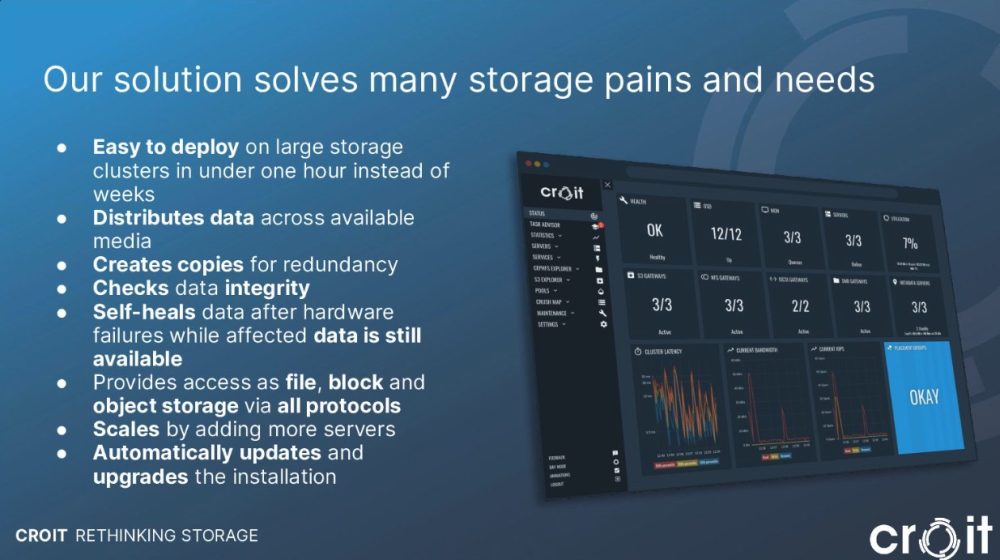
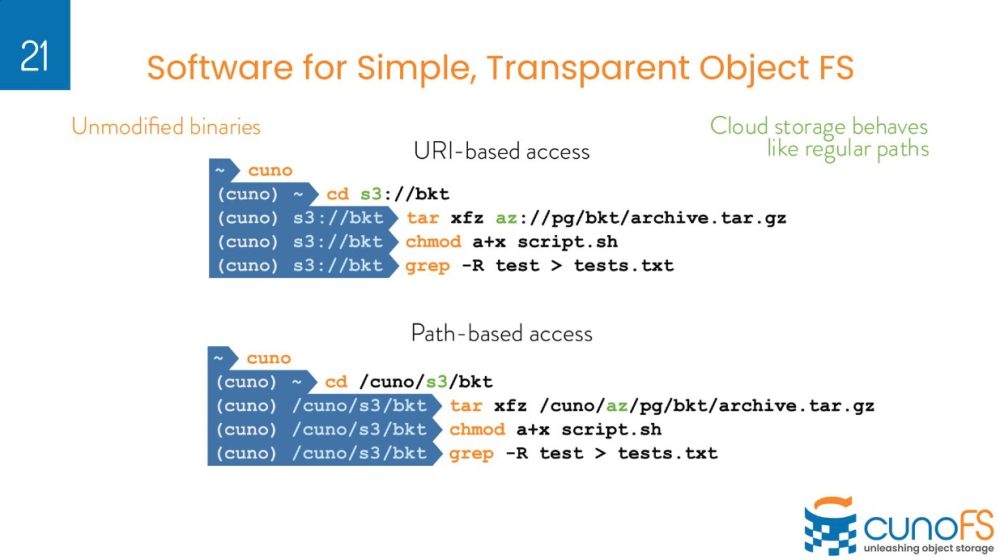
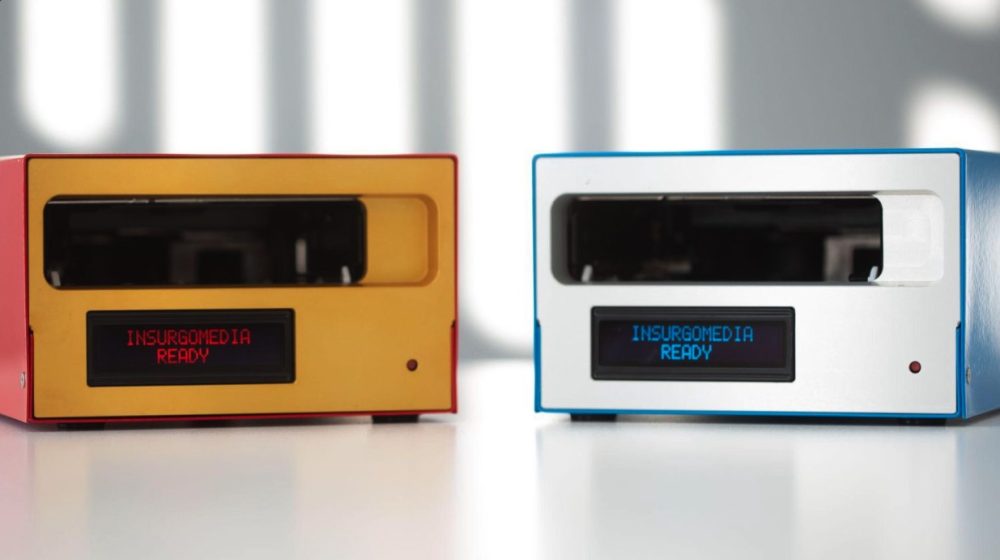
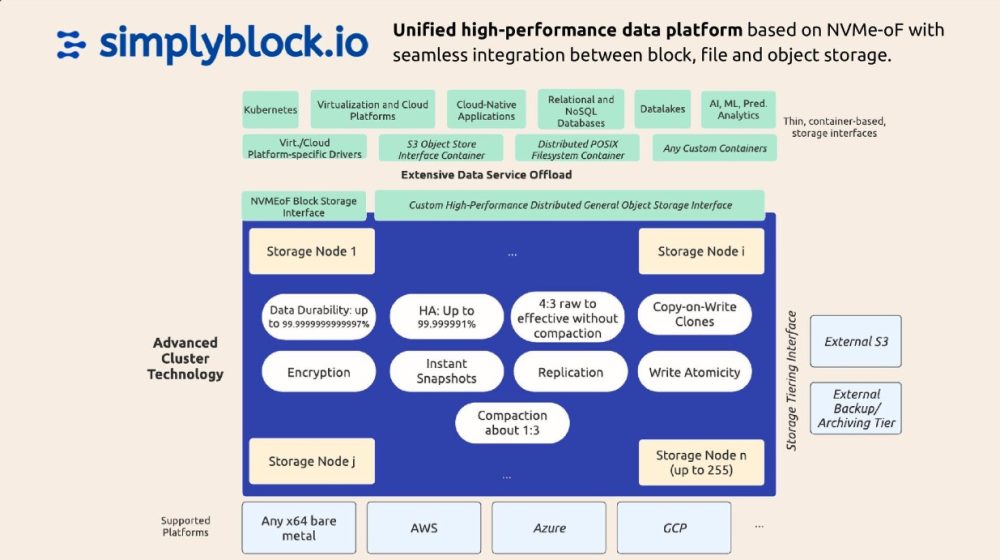
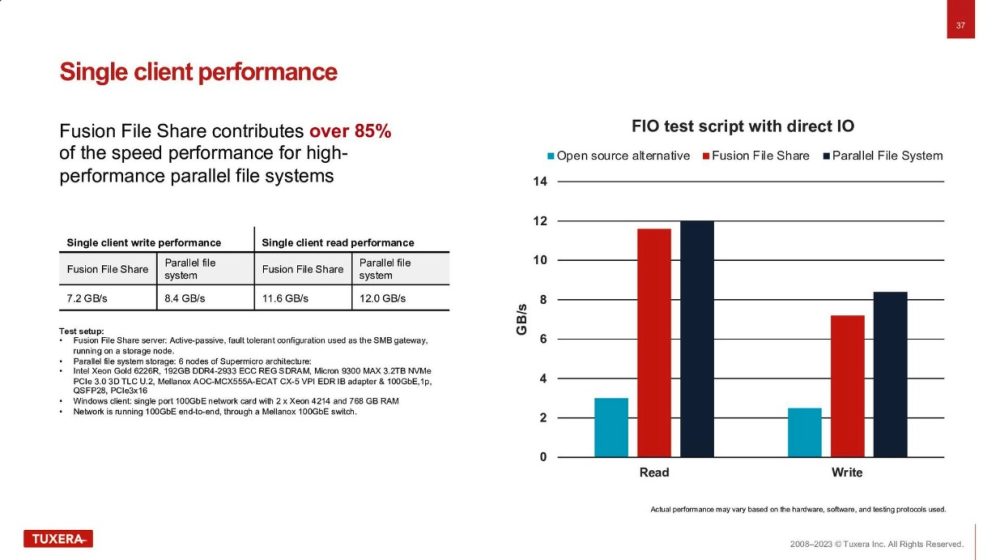
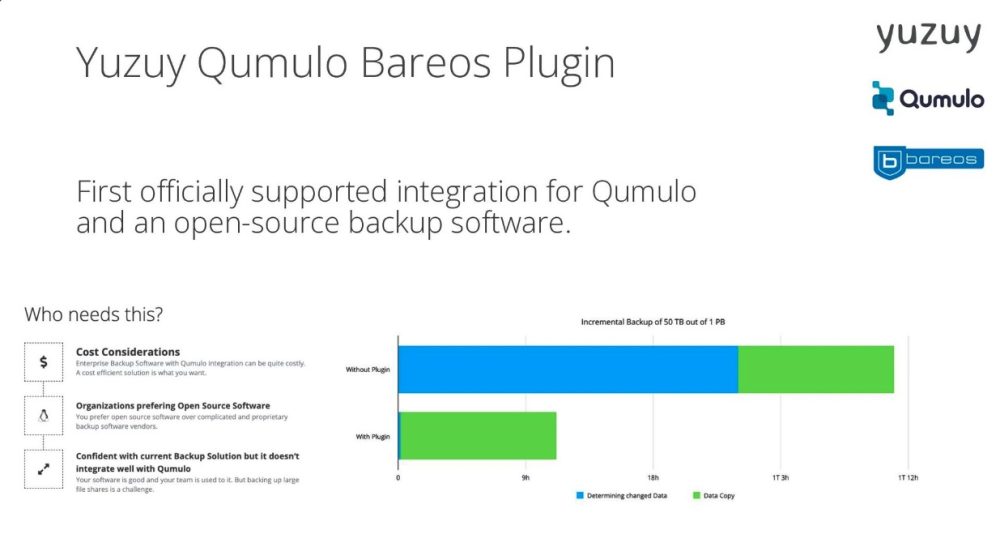






 Subscribe to our free daily newsletter
Subscribe to our free daily newsletter


